Campus UAB, 08193 Bellaterra, Spain
Phone: (+34) 93 592 99 50
Fax: (34) 93 592 99 51
e-mail: info matgas.org
matgas.org
Research lines
Research Lines
Food preservation
- Details
- Hits: 1729
| Food preservation | |
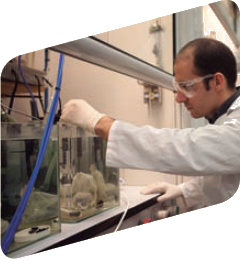 |
MATGAS also has a research line dedicated to food conservation. We use carbon dioxide and other gases to improve the preservation of packaged food which can reduce or eliminate the use of other “additives”. ggsg |
Water treatment
- Details
- Hits: 1654
| Water treatment | |
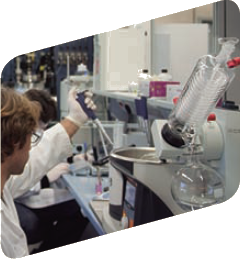 |
In helping to tackle important environmental issues, at MATGAS we also work to provide technically viable solutions to address the issue of industrial wastewater. We develop technologies for the neutralisation of wastewater as well as for the treatment of water utilised in the leisure industry. bla |
CO2 utilisation
- Details
- Hits: 2006
| CO2 utilisation | |
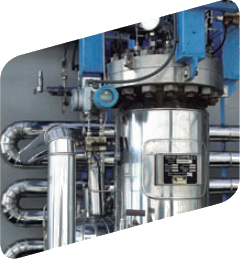 |
At MATGAS we use a completely innovative approach to the reduction of CO2 emissions, based not only on CO2 capture technologies but also on its preparation and utilization after the capture process. MATGAS is a leading centre on the study of new industrial and sustainable uses of CO2, such as the supercritical fluids technology for the food, materials and chemical industries. |
Simulation and Modelling
- Details
- Hits: 1718
| Simulation and modeling | ||
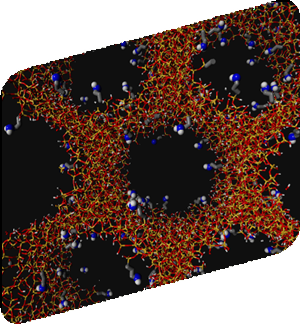 |
MATGAS maximises the synergies resulting from a combination of simulation and experimentation. Simulations performed at the computational lab, aid the understanding of the properties and processes which take place at the atomic level, as well as in the design and optimisation of processes at the industrial scale. |
|
Bioenergy
- Details
- Hits: 1583
| Bioenergy | |
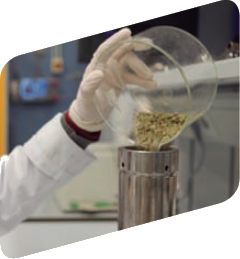 |
Bio energy is the second research line which is based on the processing of biological natural products into energy products. Our main goal is the recovery of energy from different residues that are generated in industrial processes to generate products with added value, such as biofuels. bla |
Life Cycle Assessment
- Details
- Hits: 1421
| Life Cycle Assessment | |
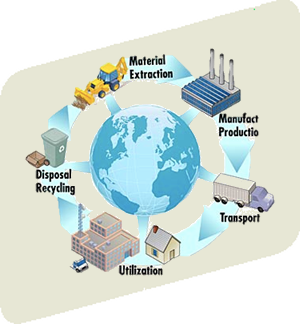 |
As part of our commitment to sustainable development, at MATGAS we apply the tools of Life Cycle Assessment to new processes and products. This allows us to systematically quantify the net environmental gain. |
Materials for energy
- Details
- Hits: 1953
| Materials for Energy | |
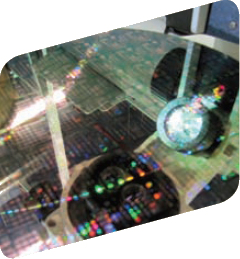 |
In this research line we address one of society’s greatest challenges, we are seeking to find new methods to obtain and store energy in a sustainable way. This includes new materials for efficient photovoltaic cells or catalysts which allow the transformation of CO2 or water into added value products from renewable energies. |










